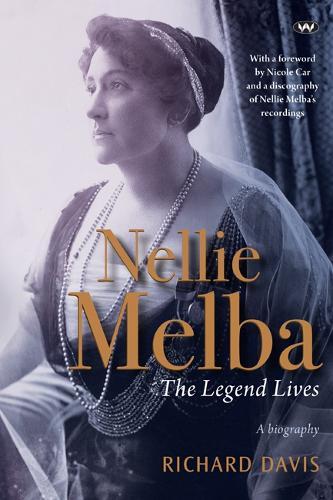The Tempest
Twenty-five years ago, John Bell undertook to create an Australian theatre company devoted to Shakespeare, a travelling repertory company that would give wide access to this wonderful legacy of our language. It harked back to a time when Shakespeare mattered so much to Australians that an actor could make a name performing Shakespeare rather than appearing in Hollywood films. At Belvoir you can see some of the other members of Bell’s generation, including his wife, Anna Volska, working their charm in Matthew Whittet’s sweet piece of nostalgia, Seventeen.
Bell’s company, though, has never been reliable in delivering memorable, or even good, productions of Shakespeare. There have been some triumphs – an early The Merchant of Venice in a tent, a beautiful Antony and Cleopatra, a confronting Troilus and Cressida –and over the years the company has offered us some of Shakespeare’s lesser-known and, dare it be said, less accomplished plays. There have been difficult financial as well as artistic times; Bell’s persistence must be admired. Now, he has announced his retirement from the company as actor, director, and co-manager. Last month, I went along to see Bell’s last acting performance for the company as Jacques in As You Like It, only to be disappointed by the crudity and clumsiness of Peter Evans’s production. I feared that Bell’s finale as director of The Tempest might not be a fitting end to his extraordinary project.
Continue reading for only $10 per month. Subscribe and gain full access to Australian Book Review. Already a subscriber? Sign in. If you need assistance, feel free to contact us.










Comment (1)
Leave a comment
If you are an ABR subscriber, you will need to sign in to post a comment.
If you have forgotten your sign in details, or if you receive an error message when trying to submit your comment, please email your comment (and the name of the article to which it relates) to ABR Comments. We will review your comment and, subject to approval, we will post it under your name.
Please note that all comments must be approved by ABR and comply with our Terms & Conditions.